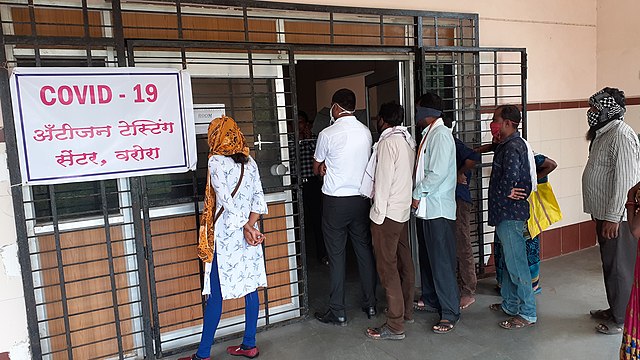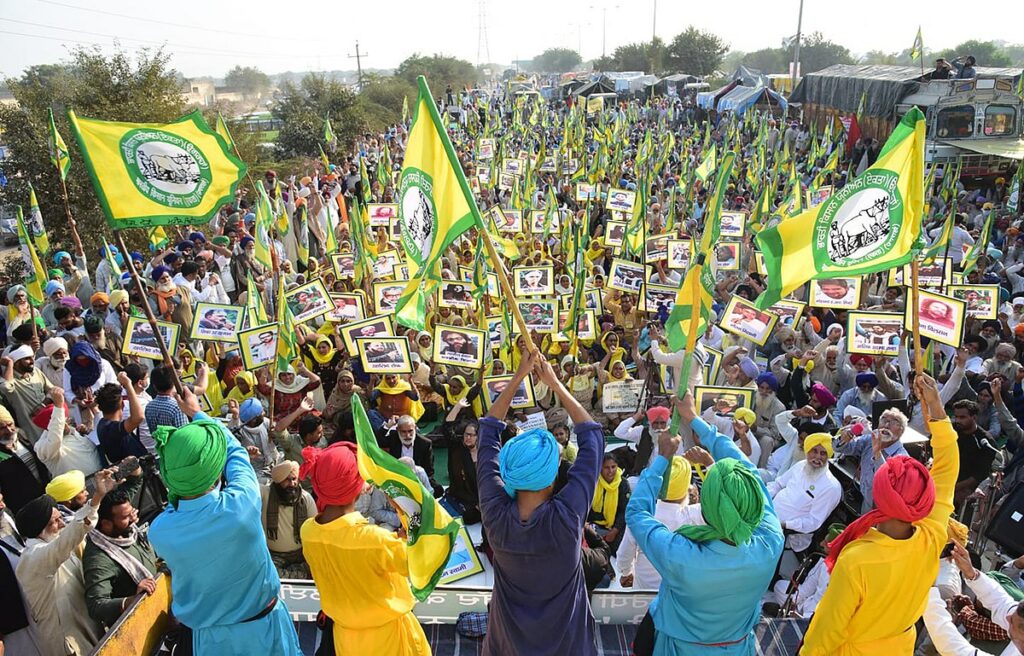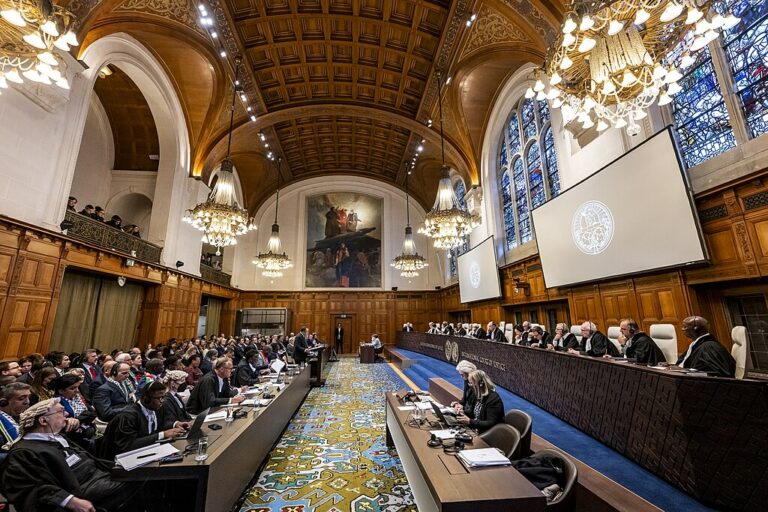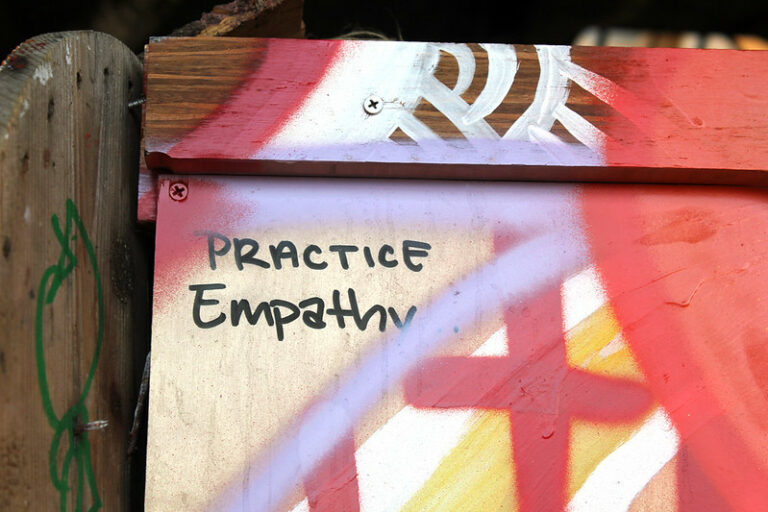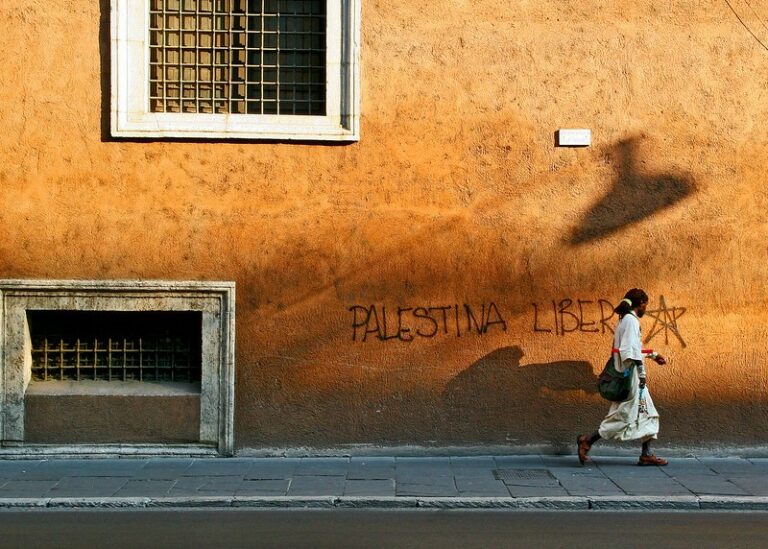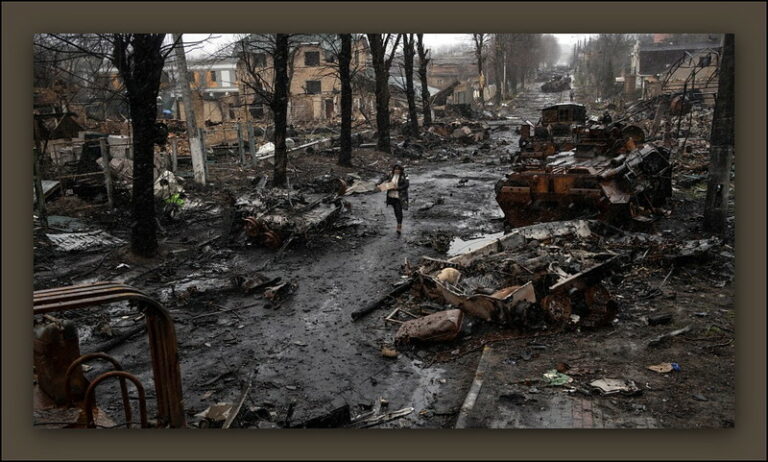People queue at a COVID-19 antigen testing centre in Warora, Maharashtra, India. Photo by Ganesh Dhamodkar via Wikimedia Commons.
Kai Evans explores how some governments used COVID-19 restrictions for the wrong reasons.
The COVID-19 pandemic has affected the entire world, and many countries have implemented various restrictions to curb the spread of the virus. While these measures are absolutely essential to protect public health, some countries have taken advantage of the situation to violate human rights, suppress opposition and consolidate power. Much has been written about China and its crackdown of protests to consolidate power in Hong Kong and throughout the country, as well as expanding surveillance and censorship powers, particularly against the Uyghur Muslim minority.
This blog takes at look at three countries who used COVID-19 restrictions to limit human freedoms, albeit in different ways; India, Ethiopia and Uganda.
All three countries are noted in the United Nations High Commissioner for Human Rights’ Report of June 2022, where they review the impact of COVID-19 on the civil society space. Some of the findings that are relevant to India, Ethiopia and Uganda include the following:
- Reported ‘use[s] of excessive force on peaceful demonstrations and protesters, in violation of the principles of necessity and proportionality’
- Expanded police and military powers ‘to monitor the implementation of emergency measures, enabling tighter control, and sometimes repression, of movements and peaceful protests, with heavy fines, intimidation and smear campaigns against and detention of peaceful protesters.’
- At least 83 countries adopted ‘vaguely worded laws and regulations aimed at countering disinformation that were used to intimidate critics, silence dissent and criminalize and arbitrarily restrict the dissemination of information.’
- At least 76 attacks ‘against journalists for reporting on or criticising the COVID-19 response, between January 2020 and May 2021.’
- Increased intrusion in peoples’ private lives and ‘coordinated hostile acts, often gender-based, targeting women, girls, and LGBTIQ+ persons.’
India’s protest crackdowns:
India imposed strict restrictions during the COVID-19 pandemic, but the government has been criticised for using the pandemic as an excuse to suppress dissent and consolidate power. In 2020, the Indian government passed the Farmers’ Produce Trade and Commerce (Promotion and Facilitation) Act, which many farmers argued would favour large corporations and leave them at the mercy of the market. This led to widespread protests across India, with farmers demanding that the law be repealed.
The protests were met with a heavy-handed response from the government, who ordered internet shutdowns in areas where the protests were taking place, preventing protesters from organising and communicating with each other. It also arrested activists and journalists covering the protests, accusing them of ‘sedition, promoting communal disharmony, and making statements prejudicial to national integration’.
The government has also targeted journalists and anybody who criticises them or the lack of medical supplies. For example, the Uttar Pradesh authorities sent complaint notices to three journalists after they reported that officials had diverted oxygen in a poor district elsewhere. They even filed criminal charges against a man who appealed on Twitter for oxygen for his dying grandfather.
Ethiopia and the silencing of criticism:
The Ethiopian government was quick to implement strict lockdowns and declare a state of emergency to slow the spread of the virus in early 2020. However, these measures were also used to silence opposition and limit freedom of speech, and gave the government extensive powers. Journalists and activists, such as Elizabeth Kebede and Yayesew Shimelis, who spoke out against the government’s handling of the pandemic on social media, were arrested. In the months leading up to the pandemic, new laws that criminalised spreading ‘disinformation’ were passed, and these were then used to stifle criticism and control the media narrative in relation to the pandemic, as highlighted above.
Uganda and the plight of the LGBTQI+ community:
During the COVID-19 pandemic, the Ugandan government used the pretext of public health to further limit the rights and freedoms of LGBTQI+ people. In addition to banning public gatherings, the government also used COVID-19 restrictions to justify raiding and shutting down shelters for LGBTQI+ people. Many vulnerable individuals were arrested and publicly ‘outed’, leading to public shaming and being ostracised in society. The charges brought against those arrested at one shelter (run by non-profit Children of the Sun) were related to ‘negligent acts likely to spread infection of disease’, according to the state.
In May 2021, police raided an engagement party held at one of these shelters and arrested 44 people. 17 of these were subjected to forced anal examinations.
These actions were condemned by numerous organisations, such as Human Rights Watch and the United Nations, which called on the Ugandan government to respect the rights and dignity of LGBTQI+ people. Governments’ use of COVID-19 restrictions to further discriminate against marginalised groups was, and still is, a concerning trend seen in many countries, including Hungary, Panama and the Philippines.
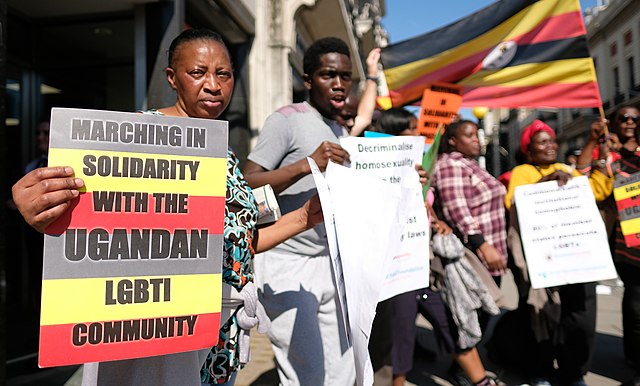
There is no doubt that the COVID-19 pandemic has had a profound impact on the world, and many countries rightfully imposed restrictions to curb the spread of the virus. These have been essential for the protection of some of the most vulnerable members of society in particular. However, some countries have taken advantage of the situation to limit human rights, using the pandemic as an excuse to suppress dissent and persecute marginalised groups. These actions are a violation of international human rights laws and have rightfully been condemned by the international community.
It is essential for the world to come together to combat the COVID-19 pandemic, but this must be done in a manner that protects human rights and freedoms. The international community must ensure that human rights are not disregarded in the fight against the pandemic, and that restrictions are implemented in a transparent, just and accountable manner.

